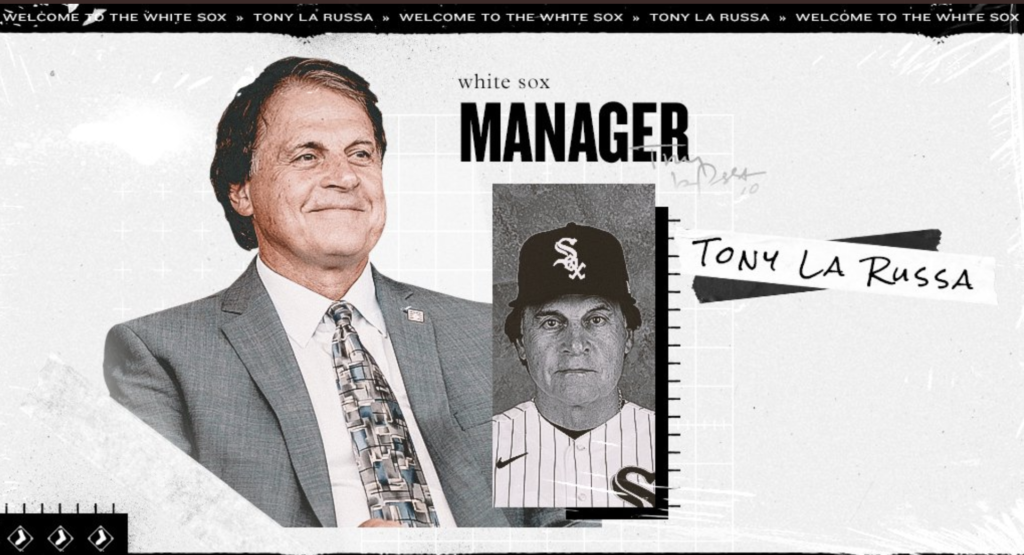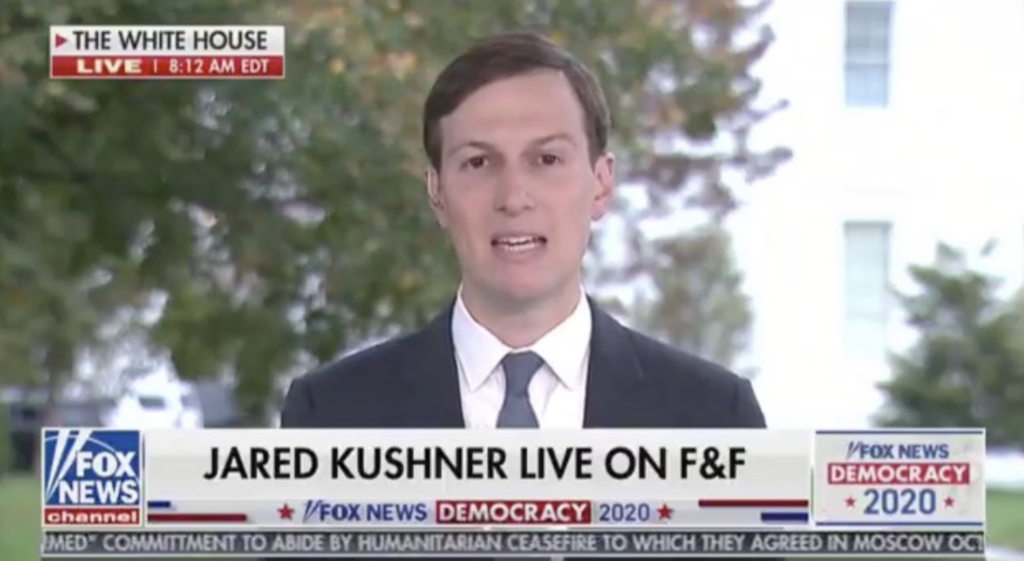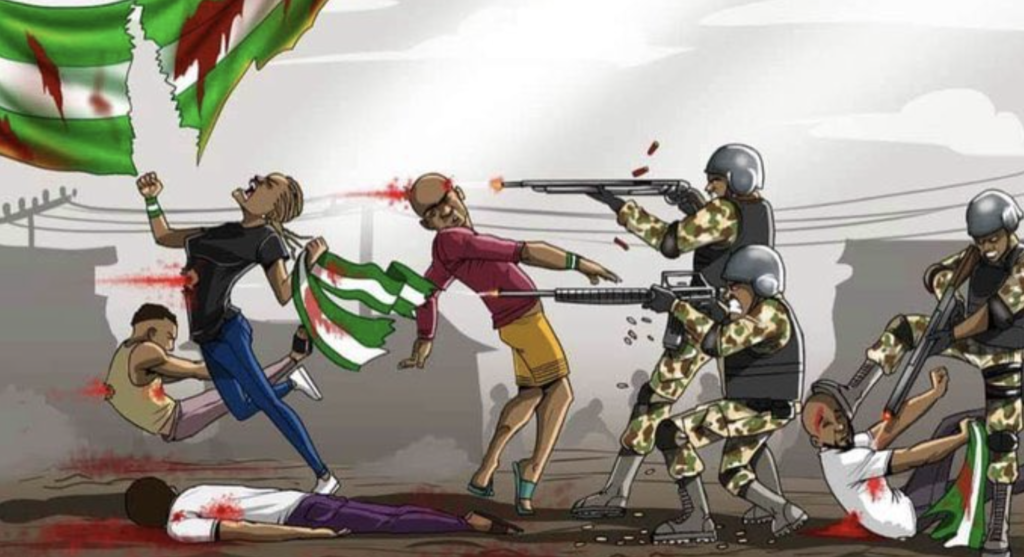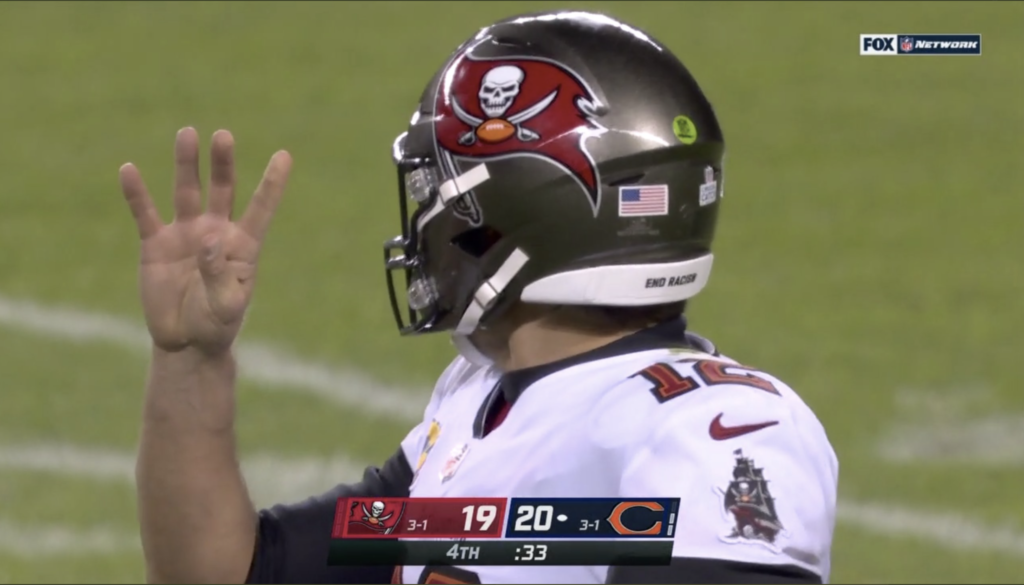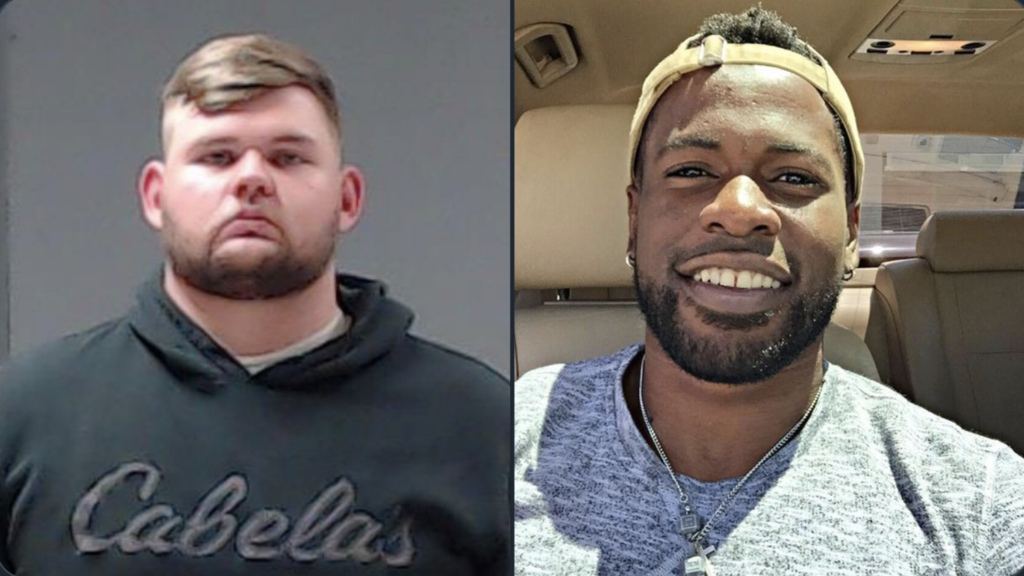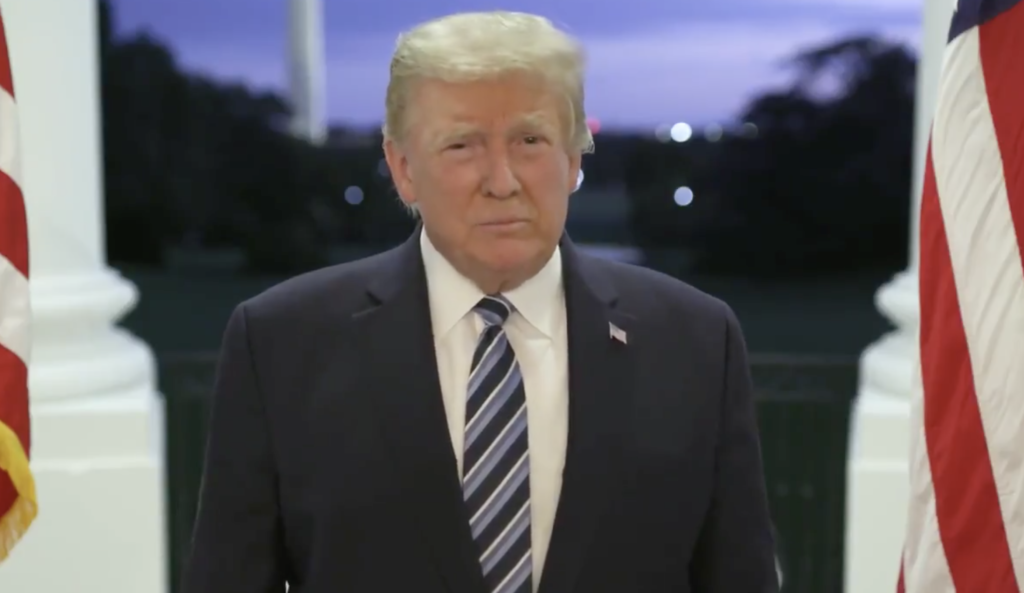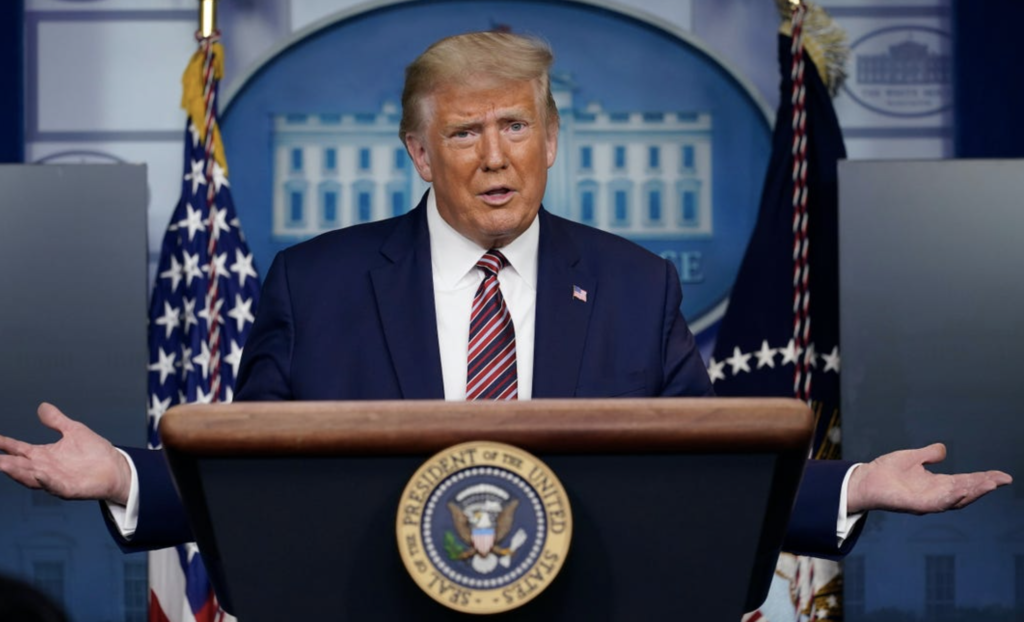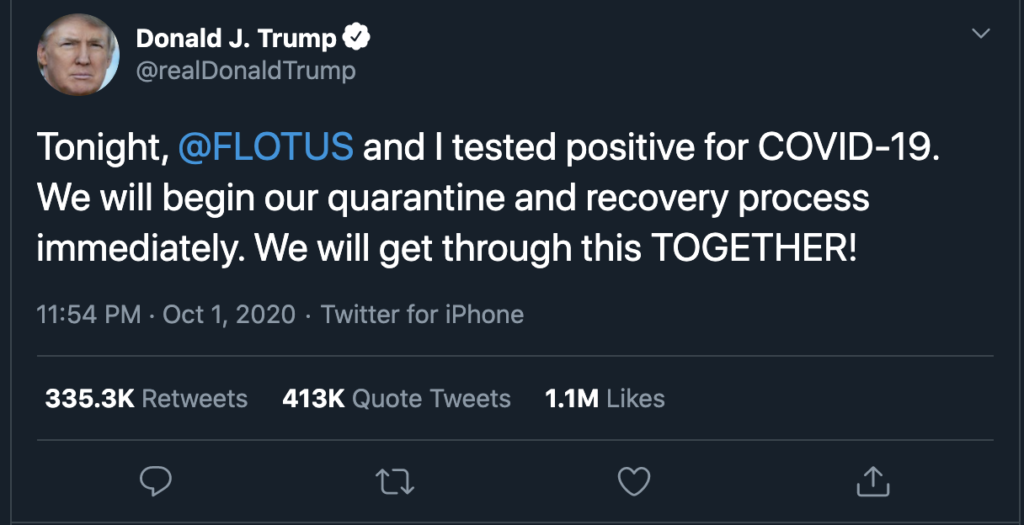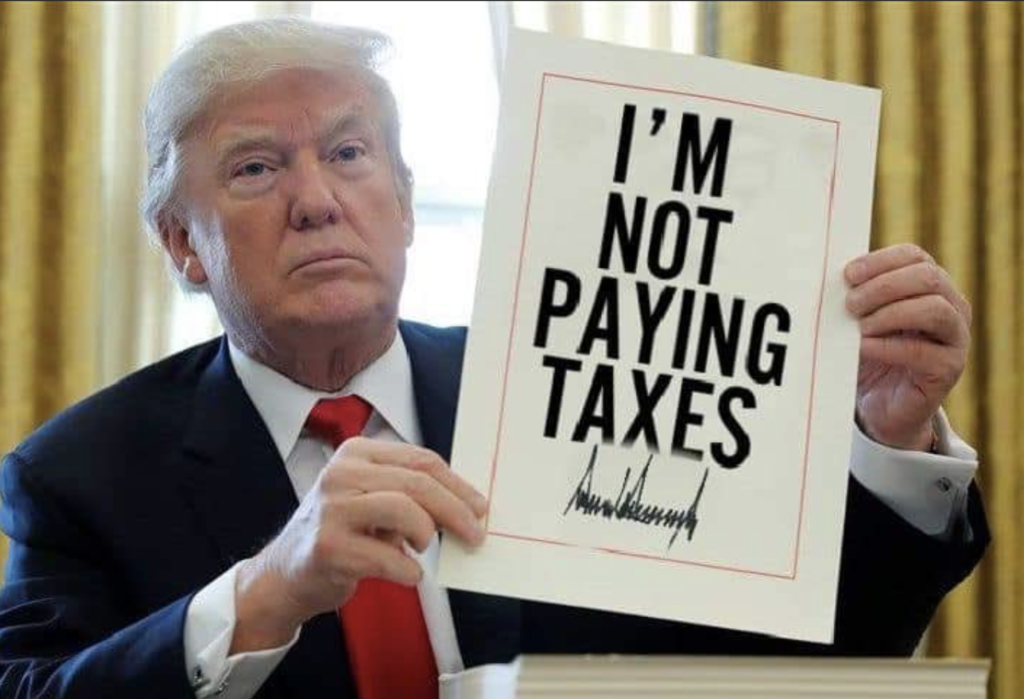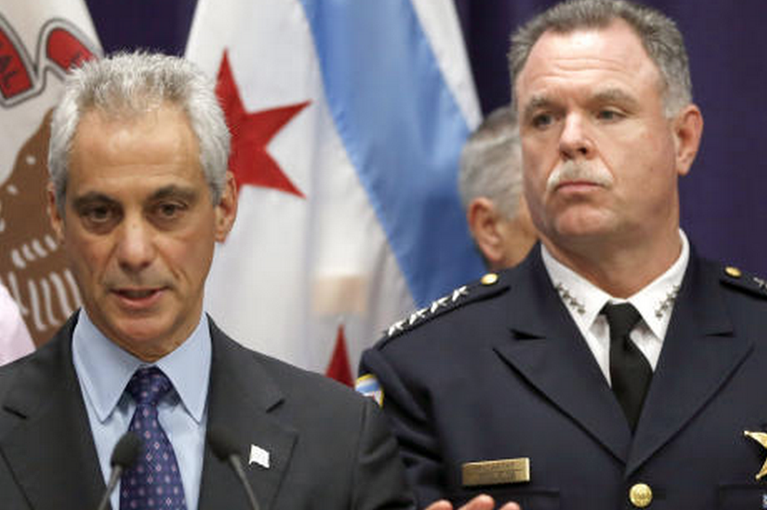Rahm Emanuel Says “I’m Sorry” You Buying it?
09 Dec, 2015
Chicago Mayor Rahm Emanuel apologized for the 2014 shooting of a black teenager Wednesday during a special City Council meeting that he called to discuss a police abuse scandal at the center of the biggest crisis of his administration, and promised “complete and total” reform to restore trust in the police.
The crisis comes amid fallout and numerous protests over the release of a video showing white Officer Jason Van Dyke shooting 17-year-old Laquan McDonald, who appeared in the video to be walking away from Van Dyke. Van Dyke is charged with first-degree murder.
Emanuel, whose voice cracked as he spoke about families who have lost children to the city’s violence, criticized the police department for being quick to shoot, saying the department’s “supervision and leadership” had failed. The problems have led to intervention by the U.S. Department of Justice, which announced a far-reaching civil rights investigation of the department this week.
“I take responsibility for what happened because it happened on my watch. And if we’re going to fix it, I want you to understand it’s my responsibility with you,” Emanuel said. “But if we’re also going to begin the healing process, the first step in that journey is my step.
“And I’m sorry.”
In terms of reform, Emanuel cited a newly created task force, which will look at the CPD’s internal affairs department and the city’s quasi-independent police oversight agency. He said a new chief will be found to replace Superintendent Garry McCarthy, who was fired last week, and officers will get new training. He also said the city will reopen some cases in which the oversight agency declared police shootings justified.
But Emanuel also stressed that change has to go beyond the police department to address the availability of guns, poverty and joblessness, as well as a lack of hope that leads too many young people to join gangs – leading them into the prison system. Emanuel spoke of residents’ mistrust of Chicago police, saying it’s unacceptable that there are parents in Chicago who feel they must warn their children to be wary of officers.
“We have normalized gun violence,” Emanuel said, later adding that “no citizen is a second-class citizen in the city of Chicago.”
The McDonald footage – ordered to be released by a judge last month and made public hours after Van Dyke was charged – set off a chain of events that captured the attention of the country. Days of protests and marches followed, including one on the busiest shopping day of the year that partially shut down the city’s most famous shopping district, Michigan Avenue.
A few days later, Emanuel announced that he had demanded and received the resignation of McCarthy, created a new task force and expanded the use of body cameras.
But the anger did not subside, and every day there seemed to be another issue, including the release of hundreds of pages of documents that show police had described in their reports a far more threatening McDonald than the teen shown to the city and the world on video.
The situation became so volatile that Emanuel was forced to do something he rarely does: backtrack. After initially saying that a federal probe of the department would be “misguided” because the U.S. Attorney’s office was already examining the McDonald shooting, Emanuel later said he welcomed such an investigation. It was announced Monday and will look to determine whether there are patterns of racial disparity in the police department’s use of force.
Emanuel also said the city would stop fighting the release of a second video that showed a police officer shooting a man in the back. That video was released Monday during a presentation in which Cook County State’s Attorney Anita Alvarez said she would not charge the officer.
Later that night, the city released yet another video showing an inmate being dragged out of his cell by his handcuffed wrists. While a police review board previously found the officers’ actions justified, Emanuel said he did not see how the treatment of the man – who later died following a reaction to an antipsychotics drug – could “possibly be acceptable” and said he did not consider the investigation closed.
AP
Image Screenshot
Mentioned In This Post:
